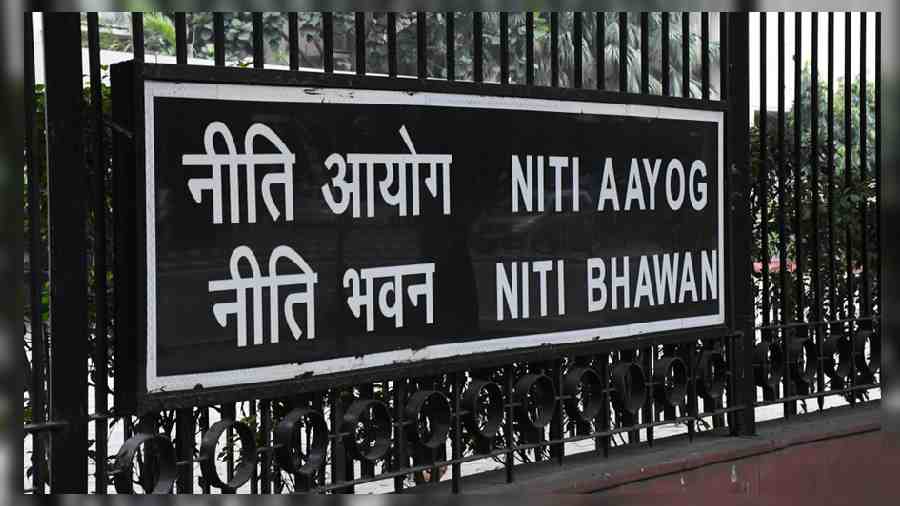The NITI Aayog has recommended that Indian standards of drug regulation should be on par with global standards as well as aligned with the International Council for Harmonisation guidelines while promoting ease of doing business.
The apex public policy think tank of the central government also suggested creating a separate authority to regulate medical devices in the country which is currently being monitored by the Drugs Controller General of India (DCGI).
The recommendations have been made during the ongoing inter ministerial consultation on the New Drugs, Medical Devices and Cosmetics Bill, 2023.
The draft New Drugs, Medical Devices and Cosmetics Bill, 2023, which seeks to replace the existing Drugs and Cosmetics Act of 1940, was put up on public domain in July last year seeking feedback from stakeholders. It has been revised and sent for inter-ministerial consultation.
On clinical trials, the NITI Aayog said the draft bill should reflect the intent of overcoming the hesitancy of the Indian regulation towards global standards viz a viz adoption and alignment with ICH guidelines for clinical trials, timeliness of decisions, promoting access of new therapies/drugs at the earliest to the Indian population and ease of doing business.
"Adopting global standards will further boost export of drugs and assure the quality of drugs supplied domestically and globally. It will also overcome quality related issues which recently appeared in Gambia and Uzbekistan," an official source said.
India-made cough syrups were allegedly linked to children deaths in Gambia and Uzbekistan last year. Presently, drugs and cosmetics and medical devices are regulated under the Drugs and Cosmetics Act, 1940.
The standards of quality of drugs are prescribed in the Indian Pharmacopoeia and various rules made under the Act. "However, highly regulated countries such as the USA, Japan and EU have high standards in their regulation to ensure the quality of medical products. In general, many countries do not recognise Indian standards of drug regulations for import of drugs to their countries," the source said.
Besides, in the revised draft of the bill, the Centre has proposed that the apex regulatory body, CDSCO, will be empowered to regulate the manufacture of drugs or cosmetics, instead of state drug regulators as is the practice currently.
However, the sale of drugs, cosmetics and medical devices will continue to be regulated by the respective state governments. NITI Aayog has endorsed the newly introduced provision of giving powers to the Central Drugs Standard Control Organisation (CDSCO) to issue manufacturing licences for drugs and cosmetics instead of state regulators, saying it will ensure uniform and effective implementation of the law and implies a huge change towards resting all manufacturing duties with the central licensing authority.
Presently, all manufacturing activities relating to drugs and cosmetics are regulated by the respective state governments through their State Drug Control Organisations. Once the proposed bill is passed by Parliament, all powers of the state governments relating to regulation of manufacture of drugs and cosmetics will go to the central government through CDSCO, the official source explained.
Further provision of taking permission to operate an e-pharmacy has been removed and replaced with "Central Government may, regulate, restrict or prohibit the sell, stocking, exhibiting or offer for sale, or distribution of any drug by online mode, by notification".
Except for the headline, this story has not been edited by The Telegraph Online staff and has been published from a syndicated feed.










